
LGBT
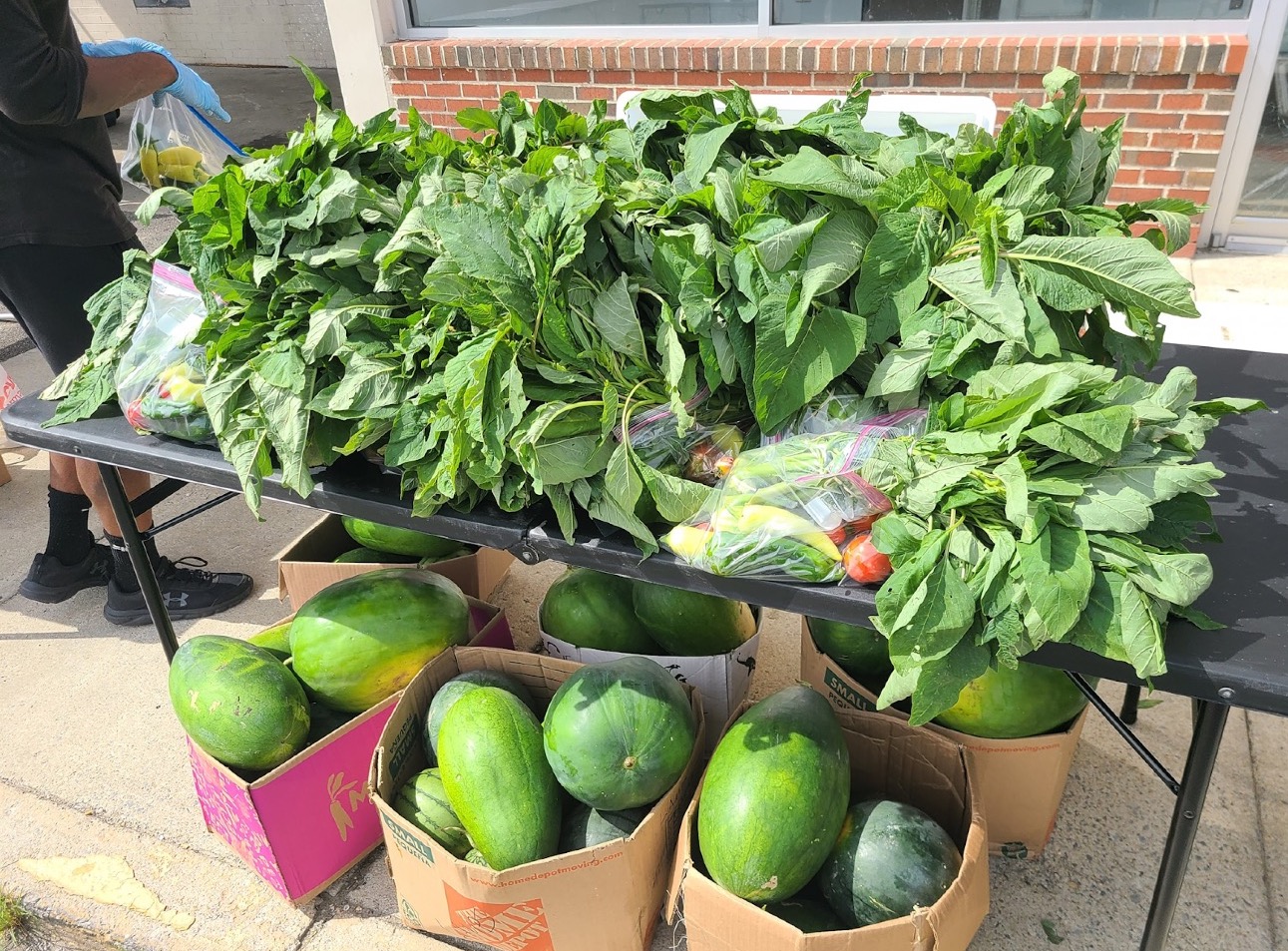
There’s no denying that the COVID-19 pandemic has exacerbated many of the world’s social issues. One alarming example is the limited access to food by millions of American families, many who were already experiencing food insecurity.
According to an article by National Public Radio (NPR):
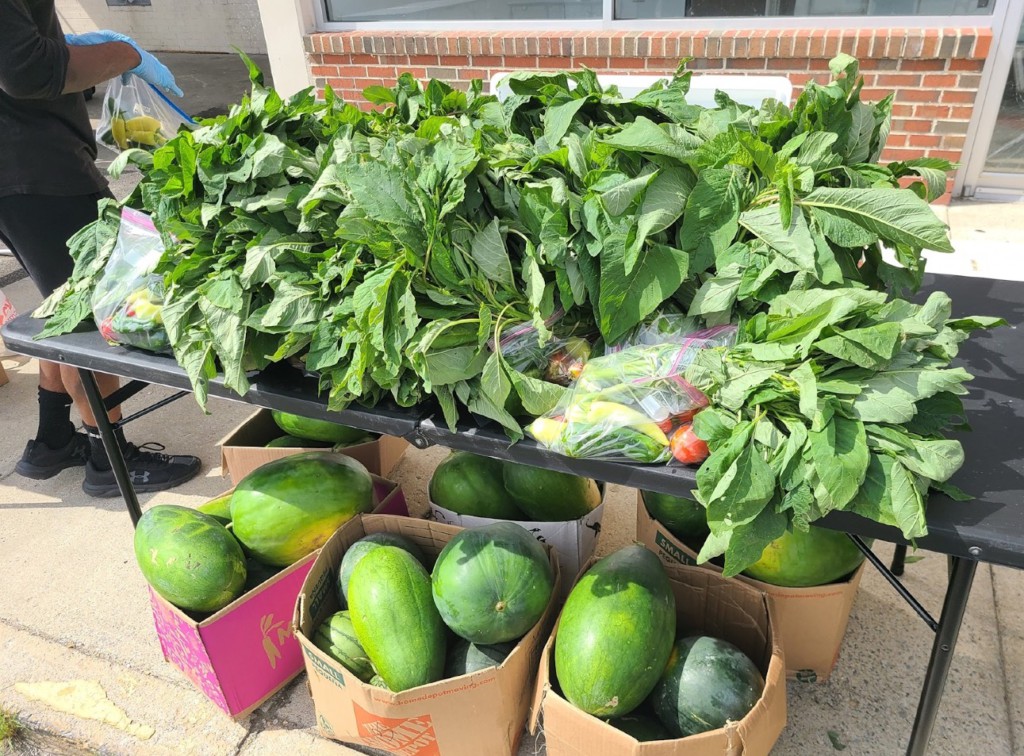
“At NFSN, we’ve been working to make sure more children have access to free, nutritious food options at school, but we’ve now moved to work on values-aligned universal meals—which will ensure that every child has access.” (Photo © NFSN)
These staggering statistics are unacceptable for any country—let alone one of the richest countries in the world. Fortunately, the pandemic has brought forth incredible and dedicated individuals, organizations, and schools that have been working tirelessly together on innovative solutions to meet the shortfalls of this challenging time.
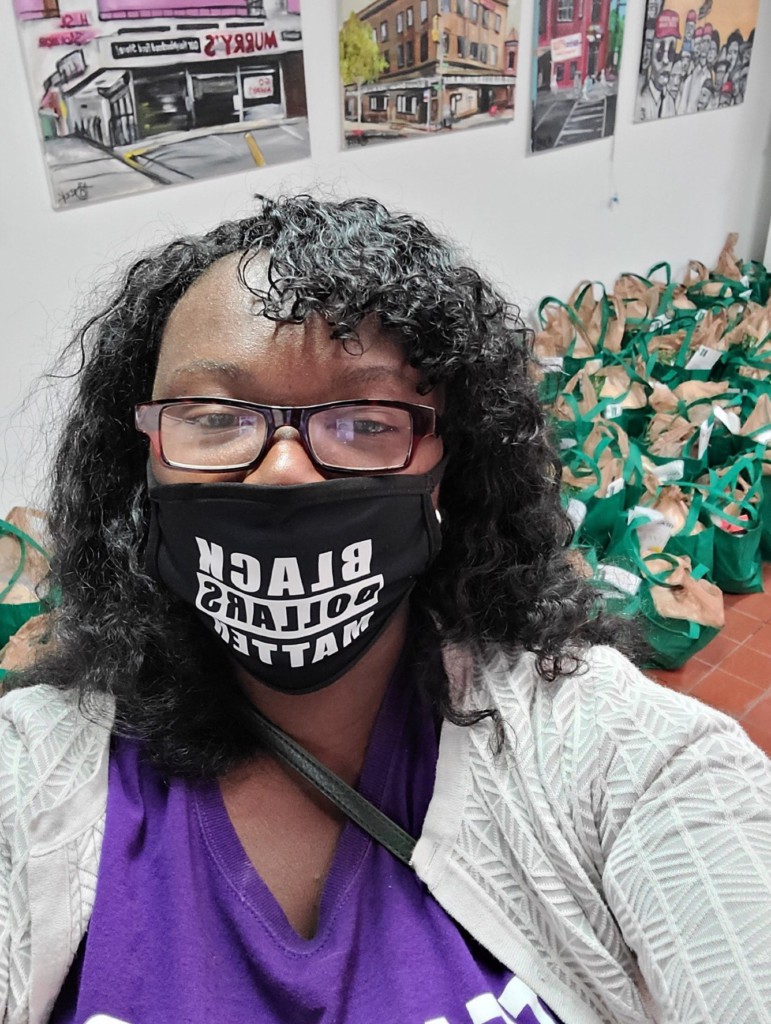
Krystal Oriadha, National Farm to School Network’s Senior Director of Programs and Policy (Photo © NFSN)
One such organization is Tides Center Social Venture National Farm to School Network (NFSN)—a recipient of Tides Stronger Together Fund—which has been using every resource at its disposal to help kids and families continue to eat, grow, and learn about equitable access and sustainable food during this crisis.
“It was amazing how focused the National Food to Schools Network were on their networks in this critical moment,” says Michael Chasnow, senior advisor at Tides. “They weren’t worried about themselves as an organization and were laser-focused on helping their network.”
In the following Q&A, Krystal Oriadha, National Farm to School Network’s senior director of programs and policy, shares more on the issues of food inequality, food justice, and the important work NFSN and its amazing partners have been doing this past year.
What is the National Farm to School Network?
NFSN is an information, advocacy, and networking hub for communities working to bring local food sourcing, school gardens, and food and agriculture education into schools and early care and education settings.
What type of hardships did U.S. families face regarding food security, nutrition, and food justice prior to the pandemic? How has NFSN and your partners been addressing challenges since the pandemic?
Students and families have faced the same challenges they face now as they did before the pandemic. The difference is that the current state of the pandemic has just magnified the issues that many face everyday. At NFSN, we’ve been working to make sure more children have access to free, nutritious food options at school, but we’ve now moved to work on values-aligned universal meals—which will ensure that every child has access.
We’ve also witnessed a lot of innovation from our partners on how to provide food for our children, and we’ve seen the focus shift to the entire family unit. Some schools have utilized their bus systems to deliver meals, and others have created distribution centers on-site. We’ve also seen partners create mobile food sites in communities in need.
When did you personally become aware that COVID-19 was really going to impact many families and the work NFSN was doing?
I realized what this was going to mean when I got sick with COVID and lost a family member to the virus at the same time. Watching and talking to my cousin in the hospital over video chat as my family got to say their goodbyes was one of the hardest things I’ve experienced in a long time.
I knew that the pandemic was something that was going to shatter families in so many ways, and I knew we HAD TO change the way we work. As a national organization, it’s our duty to use our privilege in this moment to do all we can to aid everyone on the frontlines of food security work.
How do you see the relationship between racism, nutrition, and COVID-19 mortality?
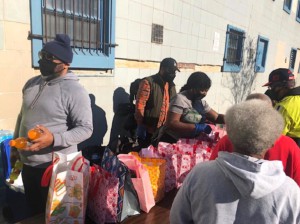
National Farm to School Network partners have been setting up mobile food pantries and drive-through farmers’ markets during the pandemic to address food insecurity. (Photo © NFSN)
BIPOC communities are at a higher risk to COVID-19 for so many reasons. We see a disparity in the cost of food and wages that doesn’t allow for some people the opportunity to purchase the most nutritious and environmentally-conscious food options. We also see less access to preventative care and healthcare. Additionally, BIPOC individuals are often on the frontlines of many industries—including food—that aren’t providing their employees with the safety equipment they need. All of this stems from how this country has been built on the foundation of systematic racism.
How has Tides and our Stronger Together Fund supported National Farm to School Network during this challenging time?
The support that Tides and the Fund provided allowed the NFSN to pivot and do the work needed to serve our partners. We had to quickly shift our Farm to Cafeteria Conference—the largest in-person event we host regularly—scheduled for April 2020. Instead, we hosted a three-hour virtual Movement Meeting centered around racially-just food systems.
Our organization has now dedicated itself to moving in a direction that shifts power to communities that have been systematically and historically marginalized. The virtual event allowed us to remove the cost barrier so we had even more people attend this event than any of our previous in-person conferences.
And finally, what other positive shifts have you witnessed on the frontlines of food security?
I saw—and continue to see—our partners shift in such amazing ways to address the needs of their communities: from safety protocols to mobile food pantries to drive-through farmers’ markets, and even to projects around building home gardens.
As a national organization, it was hard for NFSN to change the way we do things in real-time, but our leadership has been really dedicated to making sure we meet the needs of the moment.

LGBT
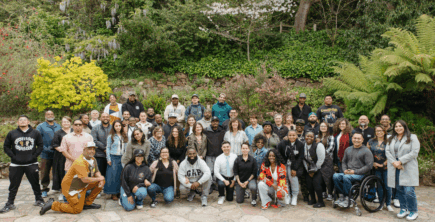
Corporate Partners

Philanthropy

Read the stories and hear the voices of social change leaders fighting for justice.